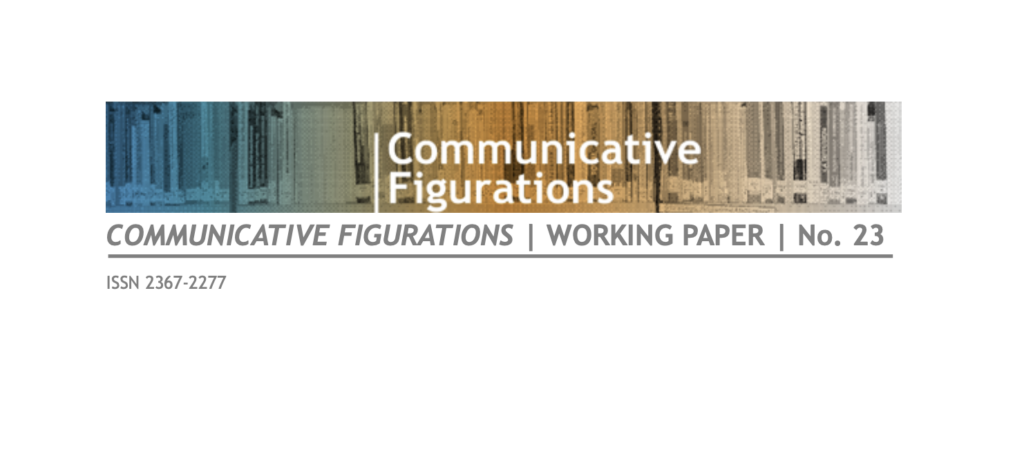
No. 23 - Sarah C. Bishop: Kreatives Abschrecken: Ein Ländervergleich staatlicher Medienkampagnen zur Abschreckung Asylsuchender
Over time, governments have developed numerous tactics to deter asylum seekers. Strict border controls, harsh penalties for immigrants who enter without authorization, and exclusion from legal employment or social benefits all work together to deter potential migrants. However, when these tactics fail to prevent the entry of those seeking protection, some governments turn to more creative deterrents.
Over a 22-month period, from September 2013 to July 2015, the United States, Australia, and Norway developed, launched, and disseminated multimedia public information campaigns to specific target audiences in strategic international locations. All three included visual and textual elements that appeared in both digital and print media. These deterrence campaigns warned specific groups that they were unwelcome and named the trouble they would get into if they ignored government warnings. Using critical narrative analysis, this project examines these campaigns with a particular focus on visual rhetoric, contextualization, and case comparisons.
About the author
Sarah C. Bishop
Sarah C. Bishop is an Assistant Professor at Baruch College, City University of New York. In the fall of 2017, she was a ZeMKI Visiting Research Fellow at the University of Bremen. Her book, U.S. Media and Migration: Refugee Oral Histories (Routledge, 2016), won the 2017 Sue DeWine Distinguished Scholarly Book Award and the 2017 Outstanding Book Award from the National Communication Association. She is also the author of Undocumented Storytellers: Narrating the Immigrant Rights Movement (Oxford University Press, 2019). Bishop specializes in research on the interactions of nationalism, citizenship, migration, and media, and her work in these areas has been supported by the Schlesinger Library at Harvard University, the Waterhouse Family Institute at Villanova University, the Center for Intercultural Dialogue, the National Communication Association, the Urban Communication Foundation, the Diversity Projects Development Fund, the Eugene Lang Foundation, and the Institute for the Study of Human Rights at Columbia University.

